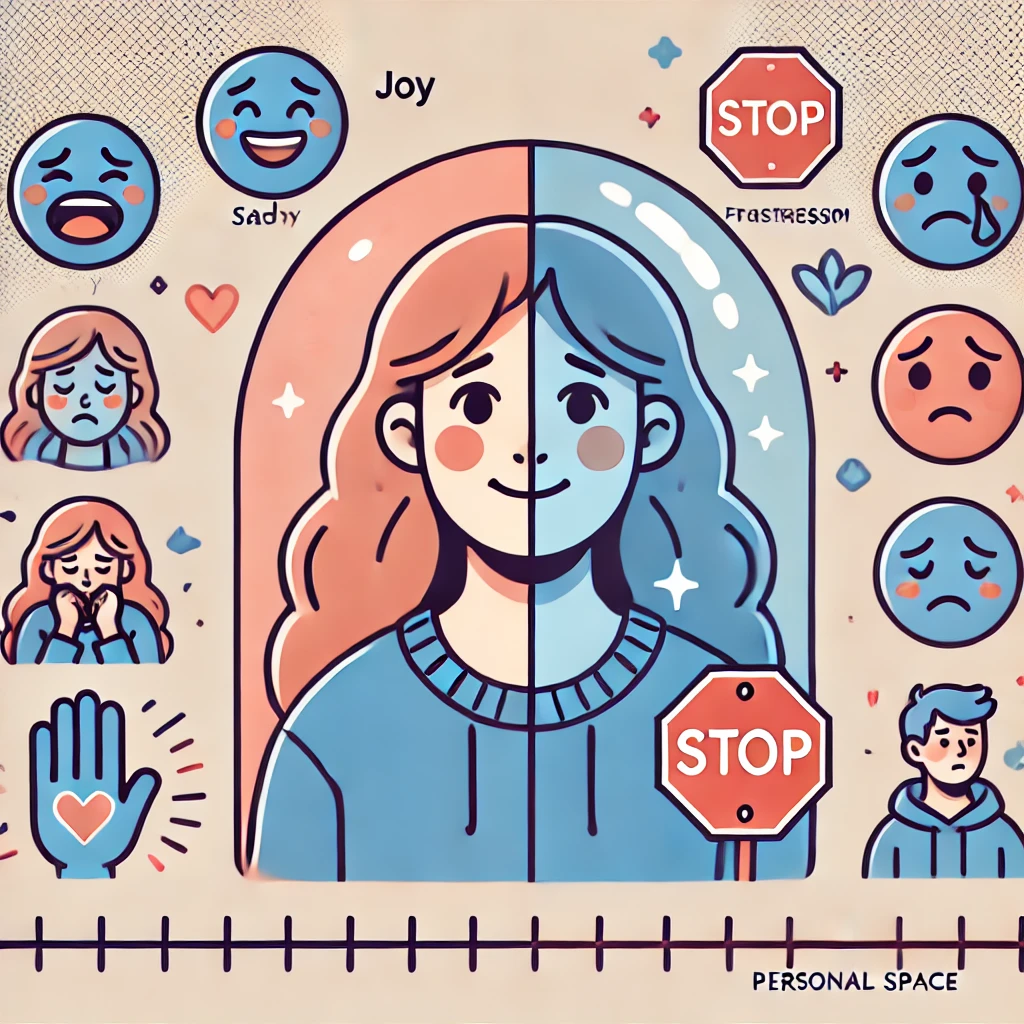The tween and teen years are a time of immense growth and self-discovery, especially for young girls. During this phase, relationships—both friendships and romantic ones—become a significant part of their lives. As they navigate these connections, they encounter emotional challenges and experiences that shape their self-esteem, identity, and understanding of the world around them.
For girls, relationships in these formative years often carry heightened emotional depth, partly due to societal expectations, gender norms, and the intense personal changes they experience as they transition into womanhood. This article explores how tweens and teens form and manage relationships from a female-centric perspective, focusing on the importance of emotional intelligence, communication, and self-respect.
Friendships: Building Emotional Support Systems
Friendships are foundational to a girl’s social life during her tween and teen years. At this stage, friends are often seen as a source of emotional support, validation, and companionship. Girls tend to form close-knit bonds, sharing secrets, experiences, and emotions. These friendships help them develop key skills such as empathy, trust, and conflict resolution.
However, friendships during this period can also be a source of stress. The pressure to fit in, deal with peer influence, and manage misunderstandings can lead to feelings of rejection, insecurity, or betrayal. Girls are often more sensitive to social dynamics and may experience feelings of exclusion if they feel left out by their peers. This is why emotional intelligence—understanding and managing emotions—is crucial for navigating friendships.
During these years, it’s also common for cliques or exclusive groups to form, creating a hierarchical social structure that can be both empowering and damaging. Tweens and teens must learn to establish boundaries, recognize healthy versus toxic friendships, and prioritize emotional well-being over popularity.
Romantic Relationships: Exploring Emotions and Boundaries
For many girls, the tween and teen years mark the beginning of romantic interests. This is a time when young women explore what it means to like or be liked by someone, and these early experiences often shape their future understanding of romantic relationships.
One of the key challenges for girls during this period is learning how to manage their emotions and set boundaries in relationships. Many young girls feel pressure to conform to societal expectations around relationships, such as when to start dating or how to behave in a romantic context. The portrayal of relationships in media and pop culture can sometimes create unrealistic expectations, making girls feel that they need to look or act a certain way to be desirable.
It’s important for tweens and teens to understand that relationships should be based on mutual respect, trust, and open communication. Teaching girls about consent and the importance of asserting their boundaries helps them feel empowered in their relationships. Girls must know that it’s okay to say no, to set limits, and to prioritize their comfort and safety over pleasing others.
Managing Self-Esteem and Body Image
During these critical years, girls often struggle with self-esteem and body image, both of which are closely tied to their relationships. Romantic interests, peer feedback, and societal standards can influence how girls see themselves. It’s common for girls to feel insecure about their appearance or abilities, especially when comparing themselves to others.
Positive relationships—whether friendships or romantic ones—should help reinforce self-worth, not undermine it. Encouraging girls to surround themselves with supportive friends and to engage in healthy romantic relationships can help build self-esteem. It’s also essential to teach them to embrace their uniqueness and not let external validation dictate their self-worth.
The Role of Communication
One of the most important skills girls can develop during their tween and teen years is effective communication. Whether it’s resolving conflicts with friends or discussing boundaries in a romantic relationship, being able to express thoughts and feelings clearly is crucial. Open and honest communication fosters healthier, more supportive relationships.
Encouraging girls to voice their feelings, ask for help when needed, and practice active listening can lead to stronger, more fulfilling connections. Additionally, teaching them how to navigate disagreements in a calm and respectful manner is key to maintaining healthy relationships.
Conclusion
Navigating relationships during the tween and teen years is a journey filled with emotional highs and lows for girls. By focusing on emotional intelligence, self-esteem, and open communication, young girls can learn to build healthy friendships and romantic relationships. As they grow, these relationships will play a significant role in shaping their sense of self, their boundaries, and their understanding of what it means to be in a mutually respectful, supportive relationship. It’s essential to guide and support them through these formative years to help them thrive emotionally and socially.


